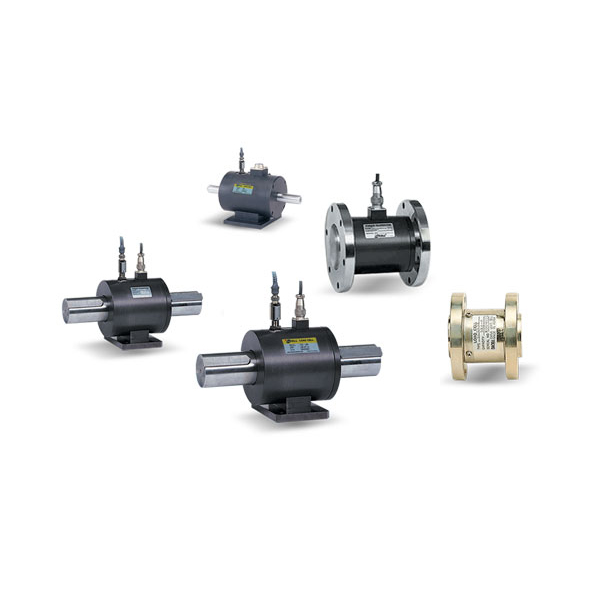Mechanical engineering is an ever-evolving field with constant innovations emerging every day. Most modern mechanical equipment, from automobiles to industrial machines, has a common denominator – torque sensors. These sensors are the backbone of mechanical engineering, and they have revolutionized the industry.

OEM torque sensors are critical pieces of equipment that are essential to ensure the smooth and efficient operation of mechanical instruments. In this blog, we will explore the intricacies of torque sensors, how they work and how they have transformed the world of mechanical engineering.
What are Torque Sensors?
A torque sensor is a device that measures the torque, or twisting force, applied to a rotating object. The sensor can be installed on various rotating instruments, including shafts, motors and engines, to measure the amount of force applied to these rotating axes. The sensor converts the mechanical torque input into an electrical output signal. The signal can be displayed or processed by a computer or other electronic device, which can then monitor the performance of equipment and control system operations.
The Working Principle of Torque Sensors
Torque sensors have a simple operating principle. A transducer, the most important part of the sensor, is used to convert the mechanical torque input into an electrical output signal. The transducers are generally based on strain gauges, which are attached to a rotating shaft or axle. The strain gauges sense a small amount of deformation induced in the shaft as it twists, and they convert this deformation into a change in electrical resistance.
The change in resistance is then converted into an electrical signal, which is proportional to the torque applied to the shaft. By measuring this signal, the torque applied to the rotating instrument can be accurately determined.
Types of Torque Sensors
Torque sensors come in different types and sizes, with varying specifications to suit different applications. The most common types of torque sensors are:
1. Shaft torque sensors: These are mounted directly on the shaft or axle, and they can directly measure the torque applied to the shaft.
2. Flange torque sensors: These are installed between two flanges of a rotating machine, and they measure the torque applied to the machine.
3. Canister or reaction torque sensors: These are installed stationary, and they measure the torque applied to a static object.
Applications of Torque Sensors
Torque sensors are essential in many industrial and commercial applications. They are used in the following applications:
1. Robotics: To ensure robots are moving and operating optimally, torque sensors are used. They help monitor robotic arms, joints, and other components to detect any variations in motion.
2. Automotive Industry: In the automobile industry, torque sensors help monitor vehicle performance, including engine and transmission temperatures, throttle position, and fuel consumption. This is crucial in maintaining fuel efficiency and reducing wear and tear on the automobile.
3. Aerospace Industry: In the aerospace industry, torque sensors are used to monitor and control the torque applied to different parts of the aircraft, including the engine, propellers, and control surfaces. This helps ensure the safe and efficient operation of the aircraft.
4. Power Generation Industry: In the power generation industry, torque sensors help monitor the operation of turbines, generators and other equipment. They are used to detect variations in power output and to ensure efficient operation of the equipment.
Conclusion
Torque sensors are crucial instruments in mechanical engineering. They have revolutionized the industry, simplifying the monitoring and control of mechanical equipment. Their versatility, accuracy and efficiency have made them indispensable in many industries, including the automotive, aerospace, robotics and power generation industries. As technology continues to advance, it is expected that torque sensors will become even more important in mechanical engineering, ensuring machines operate more reliably and efficiently.
In conclusion, OEM torque sensors are essential in ensuring the smooth operation of industrial, automotive and aerospace machinery. Their ability to accurately and consistently measure torque allows for the optimal maintenance, control and regulation of machines, making them critical to any modern mechanical engineering system.